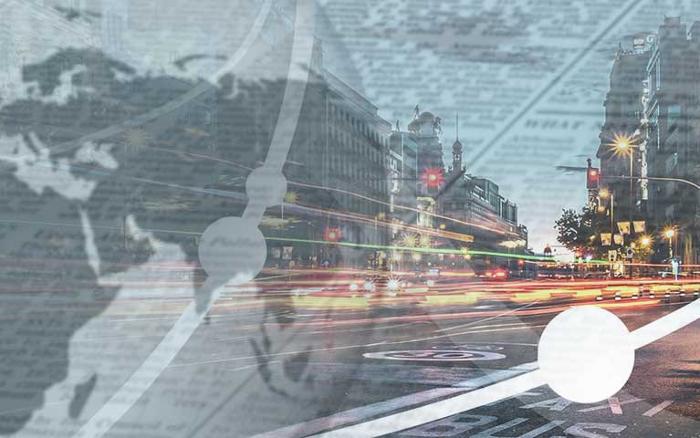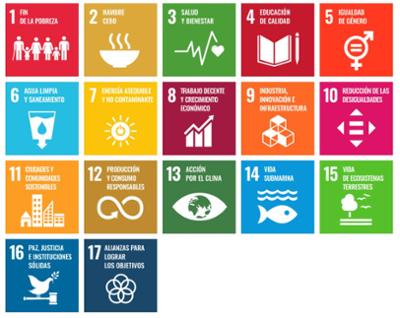

What are the main sustainable development goals (SDGs)?
The Agenda 2030, approved by the UN in 2015, has since then set the path for all signatory countries, where sustainability, the elimination of poverty, equality or environmental protection are among the main goals. These are listed in the various SDGs.
The Agenda for Sustainable Development set by the United Nations is a universal call to action to end poverty, protect the planet and improve the lives and prospects of everyone, everywhere, as stated by the organisation itself.
In 2015 the United Nations established the incorporation of these seventeen goals for all Member States, with their sights set on reaching them within fifteen years, that is, in 2030.
Parallel to these goals there are numerous actions that are being developed to be applied in society. Many of these will be seen at Global Mobility Call, a perfect space to introduce the proposals that are being developed for tomorrow’s society in various areas such as sustainable mobility, applying innovation, the cities of the future or the new economic development.
17 Sustainable Development Goals
Among the total of these goals set by the UN are those pertaining to reducing poverty, equality between men and women, actions against climate change, equal distribution of resources or responsible consumption. These are the various items contained in the SDGs:
- No poverty
- Zero hunger
- Good health and well-being
- Quality education
- Gender equality
- Clean water and sanitation
- Affordable and clean energy
- Decent work and economic growth
- Industry, innovation and infrastructure
- Reduced inequalities
- Sustainable cities and communities
- Responsible production and consumption
- Climate action
- Life below water
- Life on land
- Peace, justice and strong institutions
- Partnerships
Considering this list, we could group them into several blocks:
Fighting for the environment
This group includes SDGs number 6, 13, 14 and 15. All of them apply directly to man’s action on the Earth and they fight to reduce, directly, the impact of human beings’ lives on the nature around us.
Inequalities
This group would include SDGs 1, 2, 3, 10. This selection pertains to the difficulties in many areas of the world to access coverage of basic human needs, such as health, food or reduced poverty.
Committed industrial and corporate factor
This group, which includes numbers 7, 8 and 9, is the one most applied in recent years. Most corporations have developed in recent years a very powerful awareness of the environment, and of a fair society that is committed and sustainable. This is why this group is so important, because they have a very serious direct involvement with the whole of society from their actions, at an economic and productive level.
Committed society
In this group we find SDGs 4, 5, 11, 12, 16, 17. They are also key due to their social involvement. It is citizens themselves, the components of cities, of urban centres and surrounding areas who, through their actions, have it in their power to change towards a socially-responsible future.
Not only when it comes to caring for the planet, but also for social justice, which seeks equality among all members of communities.
Sustainable Development Goals: Importance and relevance for our planet
After this analysis, we can see how all of the Sustainable Development Goals are significant. Therefore, it is a job for the entire planet to join forces so that, within the framework of the Agenda 2030, these goals are met in order to leave a better world
To this end it is essential to acknowledge the repercussion of all of these goals that must balance social, economic and environmental sustainability within all contexts, as should also be done by all of the elements that make up society. From large corporations, governments, administrations, social groups, to citizens themselves.
In short, to reach this goal, as established by the United Nations, we must start at a local level until we achieve a worldwide action level where everyone is involved “to generate an unstoppable movement that will promote the necessary transformations”.





